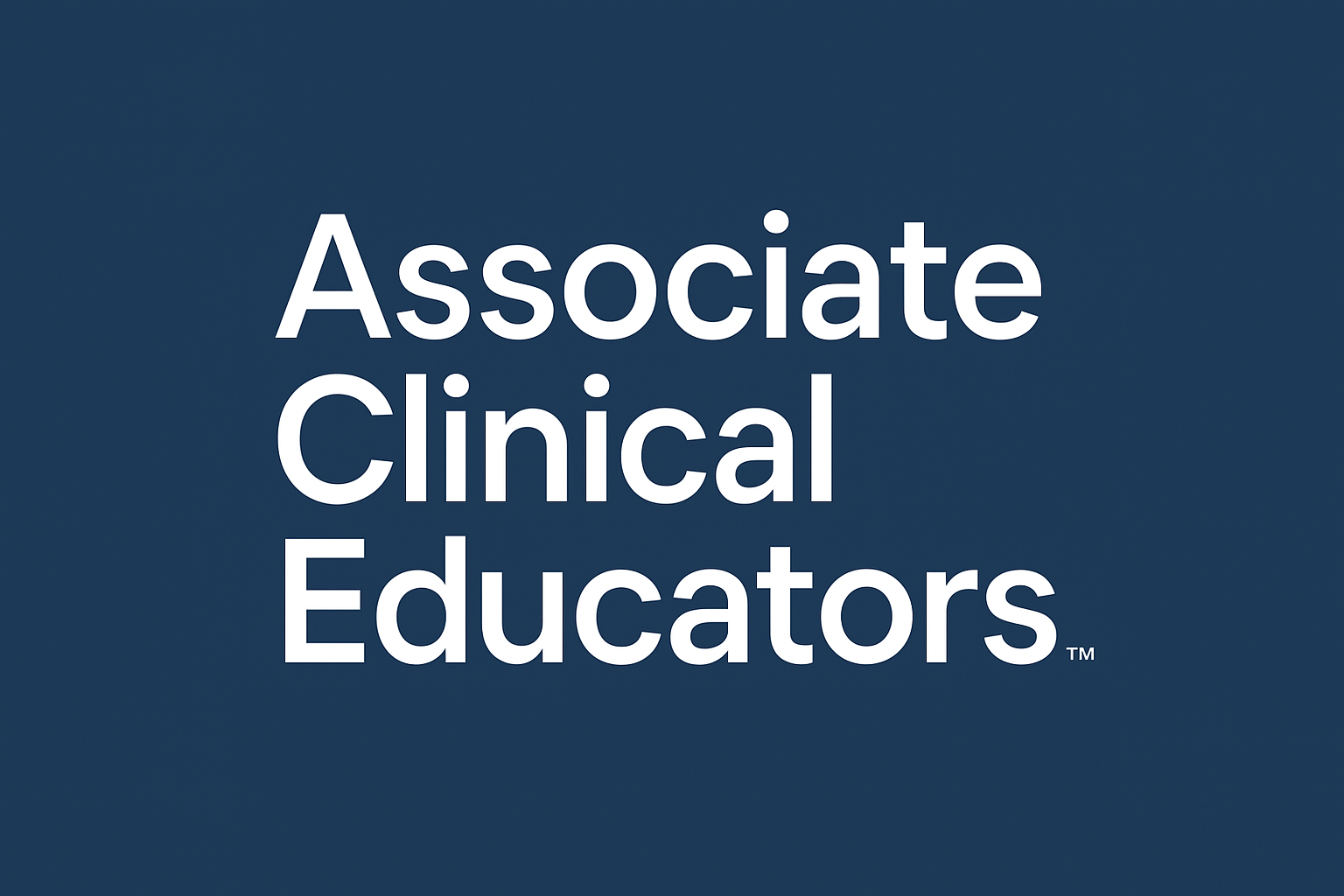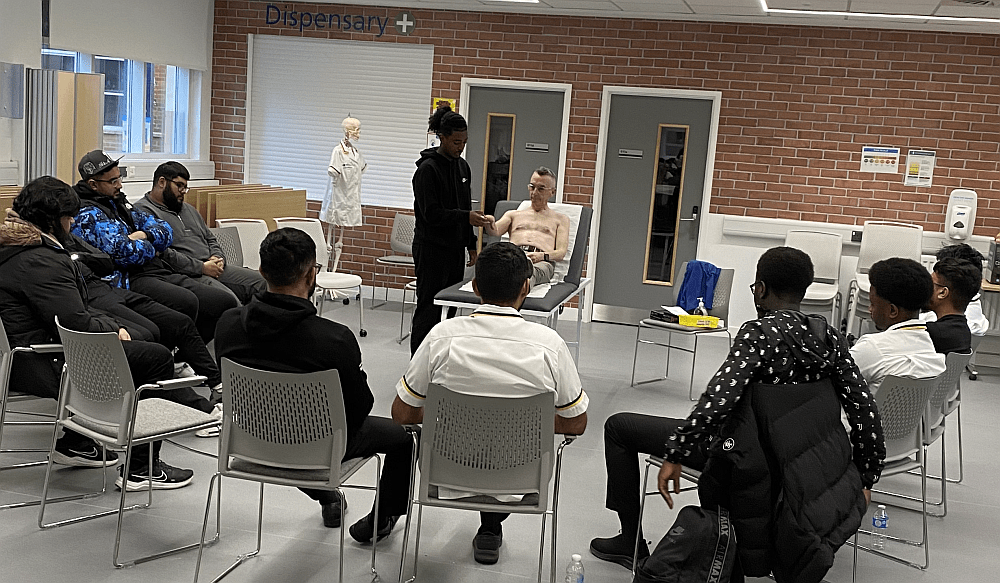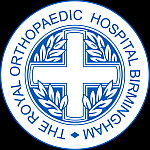Associate Clinical Educators™ vs. Simulated Patients: Defining Roles in Medical Education
In the ever-evolving field of medical education, simulation-based learning has become a cornerstone for training healthcare professionals. Roles such as volunteers, simulated patients (SPs), medical role-players, and Associate Clinical Educators™ (ACEs™) play a pivotal part in these educational programs, but their contributions and expertise differ significantly. Understanding these distinctions is crucial for educators aiming to design effective training strategies that balance communication skills, clinical competence, and patient-centred care.
This blog post draws on 30 years of experience in medical role-playing and ACE™ practice to clarify the unique roles of these contributors. From volunteers’ altruistic participation to the advanced educational insights provided by ACEs™, we explore how each role enhances the learning process. Whether you’re an academic, clinician, or medical student, this guide provides valuable insights to optimize your approach to simulation-based education.
Understanding the Roles: Differentiating Volunteers, Simulated Patients, Medical Role-players, and Associate Clinical Educators™️
Medical education increasingly relies on the use of individuals who simulate patient interactions to enhance learning. These individuals include volunteers, simulated patients (SPs), medical role-players, and Associate Clinical Educators™ (ACEs™). While they contribute significantly to simulation-based education, their roles, training, and contributions differ markedly. This article elucidates these distinctions, drawing on 30 years of collective experience in medical roleplaying and ACE™ practice. It aims to provide clarity for health professional educators and support the implementation of best practices in simulation-based education.
Introduction
A frequently posed question among academics, clinicians, and students in medical education is: How does an Associate Clinical Educator™ (ACE™) differ from a medical role-player, a simulated patient, or a volunteer patient? Answering this question requires a clear delineation of these roles, each of which plays a pivotal yet distinct part in medical training. By exploring these individuals’ defining characteristics, training, and contributions, this article provides a comprehensive framework for educators to optimize their simulation resources.
Volunteers in Medical Education
Volunteers typically participate in medical education out of altruism, often motivated by a desire to give back to healthcare institutions such as the NHS. These individuals generally have minimal or no formal training and may rely on crib sheets to emulate patient presentations. While they provide value by offering learners opportunities to practice basic interactions, volunteers usually lack the expertise to deliver constructive or technical feedback on clinical skills. Consequently, their educational utility is best suited to early-stage or low-stakes learning environments, such as introductory communication practice.
Simulated Patients (SPs)
Simulated Patients (SPs) portray individuals with specific medical conditions, either by simulating symptoms or leveraging their lived experiences. SPs often work from detailed backstories outlining the patient’s medical history and presentation. While they excel in providing subjective feedback on communication skills and the overall patient experience, SPs are not typically trained to evaluate the technical accuracy of clinical examinations. Their feedback—usually relayed through supervising educators—focuses on the emotional and interpersonal dynamics of the interaction. This makes SPs an invaluable resource for developing communication skills and understanding patient-centred care, particularly in scenarios like breaking bad news or addressing sensitive health issues.
Medical Role-players
Medical role-players are professional actors trained specifically in communication skills and patient interaction. They bring authenticity to medical scenarios, ranging from history-taking exercises to complex interpersonal challenges such as delivering bad news, managing mental health crises, or resolving ethical dilemmas. Unlike SPs, role-players can provide objective, third-person feedback focusing on the student’s communication style, empathy, and overall approach. Additionally, they can step out of character to offer actionable advice for improvement, ensuring students receive clear, constructive feedback.
Medical role-players often participate in interdisciplinary simulations, collaborating with healthcare teams to replicate real-world clinical environments. Their ability to simulate intricate scenarios adds depth to learning, fostering advanced problem-solving and interpersonal skills. This makes them indispensable for mid- to high-level educational activities.
Associate Clinical Educators™ (ACEs™)
ACEs™ represent an advanced iteration of the medical role-player model, combining communication skills with a comprehensive understanding of clinical procedures and pathologies. In addition to performing the duties of role-players, ACEs™ design and implement simulation-based educational programs tailored to specific learner needs. Their extensive training allows them to deliver high-fidelity simulations that integrate both technical and interpersonal elements.
A defining characteristic of ACEs™ is their ability to engage actively in debriefing sessions, providing evidence-based feedback on both clinical and communication skills. They collaborate closely with academic staff to align simulations with curricular goals, ensuring that students receive realistic and holistic training experiences. ACEs™’ dual expertise in clinical knowledge and educational methodology distinguishes them as leaders in simulation-based education.

Working alongside Surgical Registrars is something else we do well. Here we see three ACEs assisting in MSK examinations at a recent conference.
Case Study: Integrative Simulation at a University
A recent training exercise highlights the interplay of these roles in simulation-based learning. First- and second-year students participated in an immersive simulation alongside health professionals. The scenario replicated the dynamics of two hospital wards, featuring patients with dementia, alcohol dependency, gastrointestinal issues, and cardiac conditions.
- Volunteers provided foundational exposure to patient interactions, allowing students to practice basic skills.
- Simulated Patients enriched the experience by portraying specific pathologies and sharing subjective feedback on their interactions with learners.
- Medical Role-players introduced complex scenarios requiring advanced communication and problem-solving skills, such as managing aggressive behaviour or addressing cultural sensitivities.
- ACEs™ ensured the integration of realistic clinical conditions and facilitated reflective feedback sessions, elevating the educational value of the exercise.
This multi-layered approach demonstrated how each role contributes uniquely to the learning process, creating a comprehensive and immersive educational environment.
Expanded Considerations
Medical education continues to evolve, integrating innovative practices to bridge the gap between theoretical knowledge and practical application. The roles outlined above are central to achieving these goals. Their contributions are supported by evidence-based research:
- Simulated Patients: Studies reveal that SPs significantly improve communication skills, with a 20-30% increase in learner satisfaction in communication-focused courses (Bokken et al., 2009).
- Medical Role-players: Evidence highlights that professional role-players enhance learner empathy and critical thinking, improving Objective Structured Clinical Examination (OSCE) scores by an average of 15% (Nestel & Tierney, 2007).
- Associate Clinical Educators™ : Simulations led by ACEs™ have demonstrated a 25% increase in learner retention of both clinical and interpersonal skills (University Case Study, 2023).
By understanding the strengths and limitations of each role, educators can strategically integrate them into comprehensive training programs, fostering well-rounded and competent healthcare professionals.
Implications for Health Professions Education
The integration of ACEs™ into health professions education represents a paradigm shift, moving beyond traditional simulation models to offer a holistic and effective learning experience. While SPs remain invaluable for developing communication skills, ACEs™ elevate the educational process by ensuring technical competence. Their dual focus on interpersonal and clinical skills addresses the multifaceted demands of contemporary medical training.
Organizations like Meducate Academy play a pivotal role in training ACEs™ to meet the exacting standards of academic institutions. Efforts to formalize accreditation processes for ACEs™ further ensure consistent delivery of high-quality educational experiences. This evolution underscores the growing importance of innovative teaching methodologies in shaping competent and compassionate healthcare professionals.
Conclusion
Each role—volunteers, simulated patients, medical role-players, and Associate Clinical Educators—serves a distinct purpose in the continuum of medical education. While volunteers and SPs provide foundational support, role-players and ACEs bring advanced skills and feedback capabilities that are critical for higher-level learning. ACEs™, in particular, exemplify the synthesis of clinical knowledge and educational expertise, making them indispensable in contemporary simulation-based training.
By leveraging the unique strengths of these roles, educators can create robust training programs that prepare learners for the complexities of clinical practice. As health professions education continues to evolve, the collaboration between these contributors will remain vital in fostering excellence in healthcare training.
In Next month’s post, we take a look back at the past year’s achievements for Meducate Academy and include a conversation with our new Pharmacy Ambassador Ruth Newton.
Contact Meducate Academy today to take your training programs to the next level.
For an informal chat please get in touch with me: bobspour@meducateacademy.com or on 07870 611850




